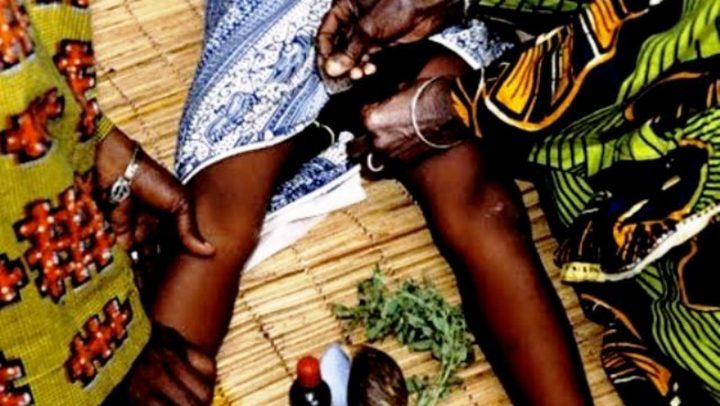News
AfricaNXT 2022: Experts advocate use of technology in fight against FGM

Technological and Health experts on Tuesday advocated the use of technology as an enabler in the fight against Female Genital Mutilation (FGM).
They made the call at the ongoing AfricaNXT 2022, while speaking on the theme: “Going Digital in the fight against Female Genital Mutilation.”
FGM is a procedures that involves the partial and total removal of the external female genitalia and other injuries on the female genital organ for non medical reasons.
Our correspondent reports that AfricaNXT, formally Social Media Week (SMW), is an annual event that brings technology enthusiasts together, hosting over 200 events.
Mr Joel Ogunsola, Managing Partner, PruneEdge Development Technologies, said technology enables and creates means to reach more people.
He said that technology is not all about smartphones, but smaller phones that could send SMS and receive calls with other small-scale technology such as radio and television devices.
Ogunsola said it could be used for advocacy, enlightenment, keeping track of cases and as incentive to those who would report cases off or online.
According to him, technology plays a significant role as it has lots of programmes that could be used to reach the local people.
“It can be used to create or increase awareness in the fight against Female Genital Mutilation,” he said.
The Executive Director, Hacey Health Initiative, Mr Rhodes Robinson, said that about 200 million girls have undergone FGM while Nigerians accounts for 20 per cent of the global number being mutilated.
He said that Osun, Oyo and Ekiti states have the highest number and 40 per cent of women in these states still undergo the practice.
The Programme Officer, United Nations Population Fund, Amaka Momah-Haruna, said that the practice of FGM is an archaic tradition like the killing of twins.
She said that it is a practice that should not be endorsed due to the numerous medical implications such as infections and lack of pleasurable sexual intercourse, among others.
Momah-Haruna said that advocacy, enlightenment, engaging the young girls and substitute for the cutters income, had been adopted to curb the practice.




 Davido's Net Worth & Lifestyle
Davido's Net Worth & Lifestyle 
